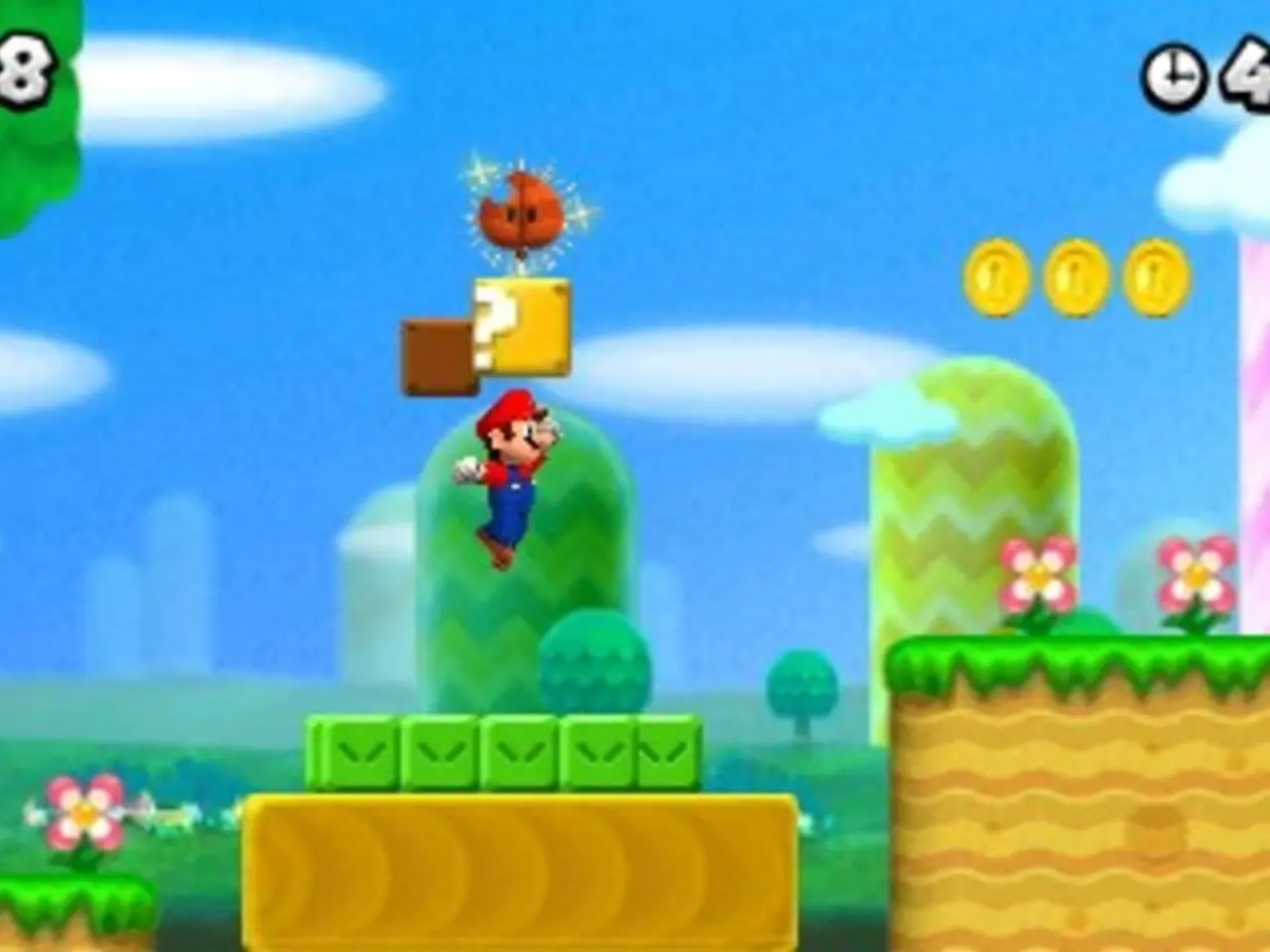Efficient Gaming Schedule: 6 Practical Methods to Coordinate Gaming and Daily Life
In the digital age, managing gaming time has become crucial for maintaining a healthy work-life balance. The 50/10 rule, recommending 10-minute breaks for every 50 minutes of gaming, is a simple yet effective strategy to prevent physical strain and maintain focus (1).
Effective time management is key to preventing excessive gaming and neglect of responsibilities that can derail one's life. Adopting strategies such as setting clear boundaries and limits on gaming, scheduling gaming sessions within a structured daily routine, and replacing gaming with alternative healthy activities like physical exercise, creative hobbies, and social time with family or friends, can help achieve this balance (2).
Using time management techniques like time blocking, where specific time slots are allocated for gaming and work or other responsibilities, ensures that gaming does not interfere with important tasks (3). Tracking time spent gaming through time auditing can provide awareness of gaming habits and identify excessive use (3).
Creating non-tech times or designated family times during the week or weekends encourages engagement outside of gaming and strengthens family connections, helping prevent gaming from replacing important social attachments (4). Utilizing parental controls or digital tools to limit screen time, especially for children, and setting content restrictions, supports healthy gaming habits (2).
Replacing gaming addiction triggers with better activities such as physical activity and in-person interaction serves as healthier alternatives to gaming and reduces the addictive cycle (4). Being proactive and consistent in managing gaming behavior is essential, requiring patience and support, particularly with youth, to build balanced routines that promote well-being alongside moderate gaming enjoyment (2, 4).
Apps like Habitica, Forest, and Trello use gamification features to transform daily tasks into game-like challenges with rewards and progress tracking, making managing time more enjoyable (5). Turning off phone notifications, closing social media tabs, and silencing messaging apps before starting any gaming session reduces distractions. Creating separate spaces for studying and gaming enhances focus and prevents mind wandering between tasks (6).
Organizing study materials and supplies for easy access ensures you won't need to search for items during breaks. The 20-20-20 rule during breaks involves looking at something 20 feet away for 20 seconds every 20 minutes to protect your vision (7). Longer gaming marathons require more substantial rest periods. Take breaks of 20 to 30 minutes every four hours to recharge completely (8).
Effective break activities include stretching, drinking water, and getting fresh air. Adults need 7-8 hours of sleep per night to maintain optimal gaming performance, concentration, and decision-making skills during gameplay sessions (9). Installing website blockers on your computer prevents browsing distracting sites while gaming or working (10).
In 2025, multiplayer games like "Overcooked! 2" and "Diner Dash Adventures" will encourage multitasking and quick decision-making. Simulation games such as "Farmerama" will teach resource and time management through community-based challenges (11). Collaborative games like "The Big Picture Challenge" will promote teamwork and communication skills (12).
Communicating your schedule to friends balances social life and avoids unexpected calls or visits during gaming time. Using noise-canceling headphones or playing ambient sounds blocks out household noise and external interruptions (13). Being aware of time usage, planning, and persistence are skills learned from gaming and applicable to life situations (14).
Gaming works best as a motivational tool that drives you to finish important tasks first. However, excessive gaming among young people can lead to depression, anxiety, and poor sleep quality (15). The Pomodoro Game will utilize structured work intervals to boost productivity in 2025 (16). Efficient time management increases productivity, reduces stress, and enhances enjoyment of gaming sessions (17).
In conclusion, adopting these strategies can help individuals enjoy games while staying productive, maintaining a healthy work-life balance, and promoting overall well-being.
Engaging in activities beside gaming, such as physical exercise, creative hobbies, and spending time with family or friends, fosters personal growth and supports a balanced lifestyle (2). Incorporating education and self-development into daily routines, like using apps that gamify tasks to boost productivity, promotes personal growth and productivity (5, 16).




